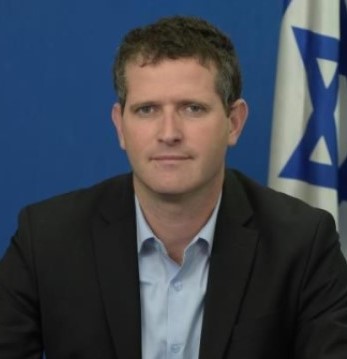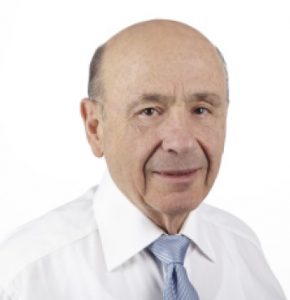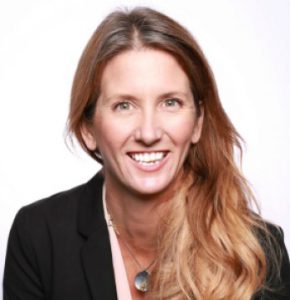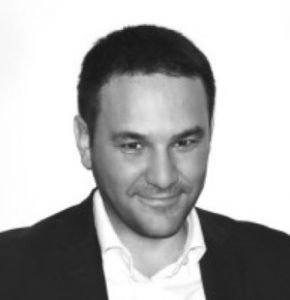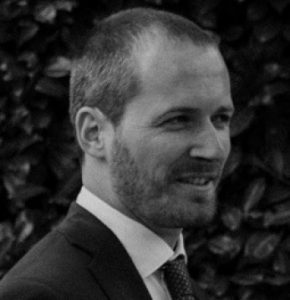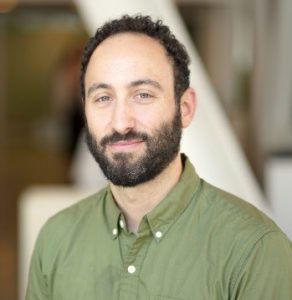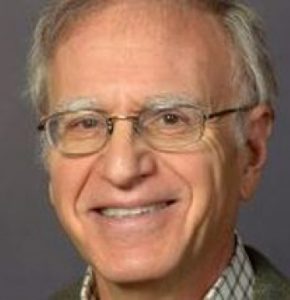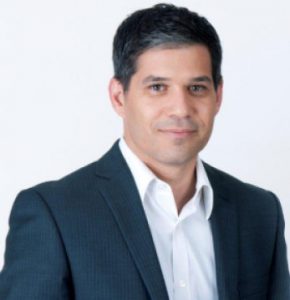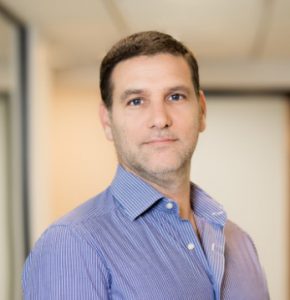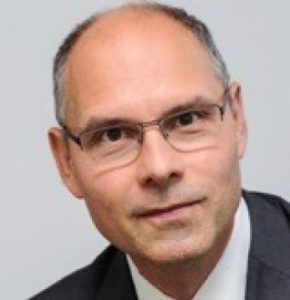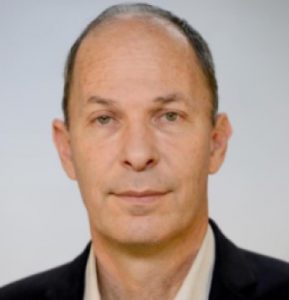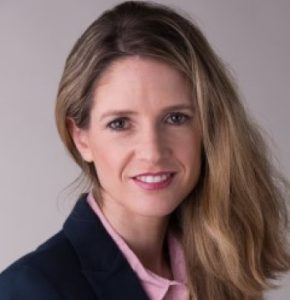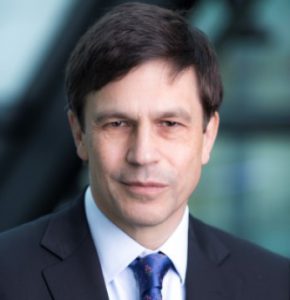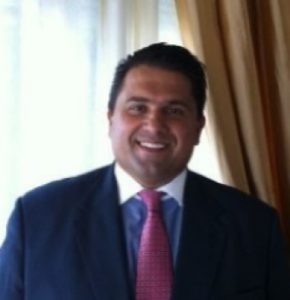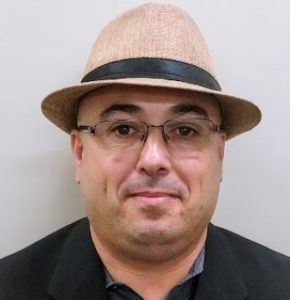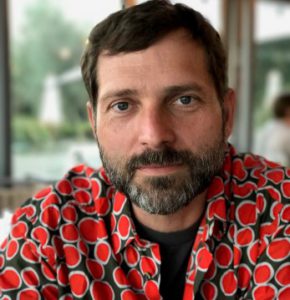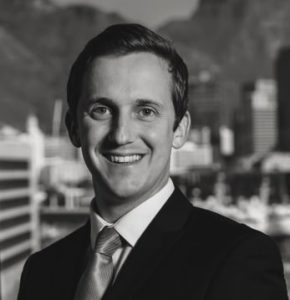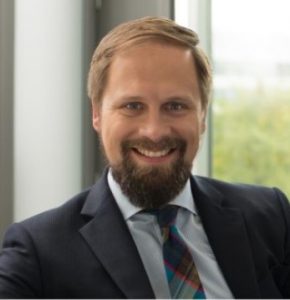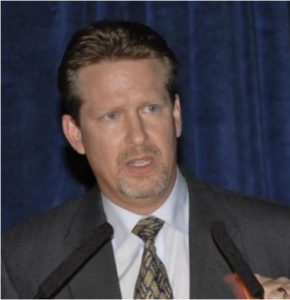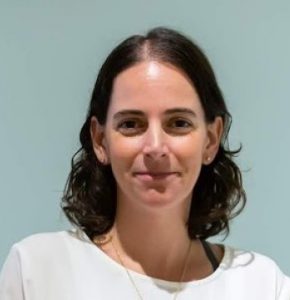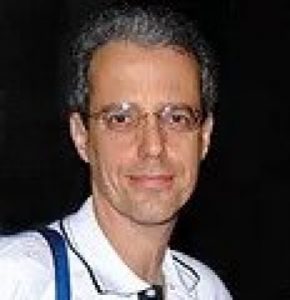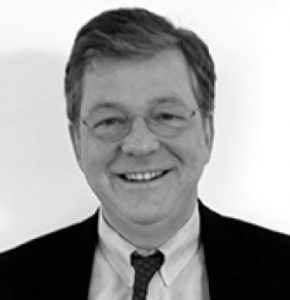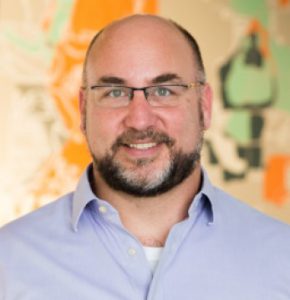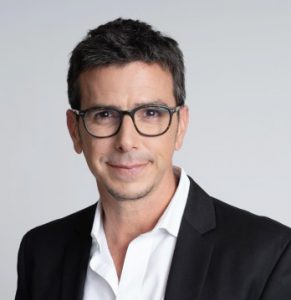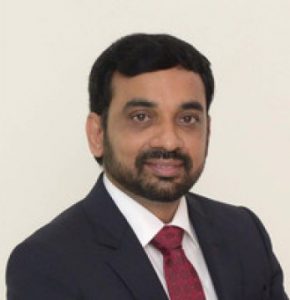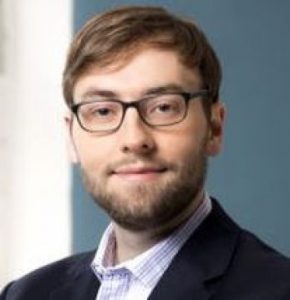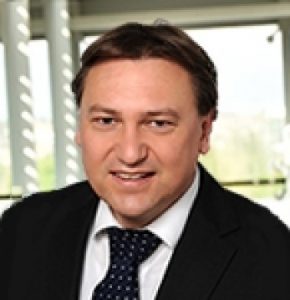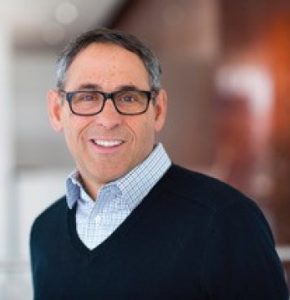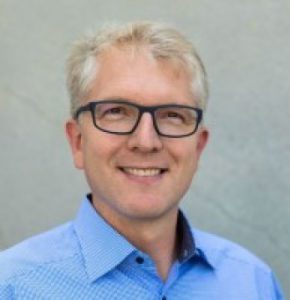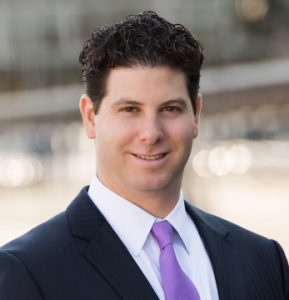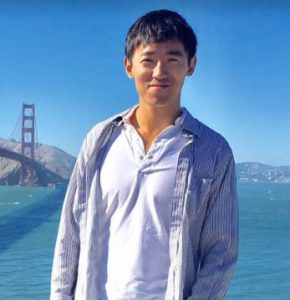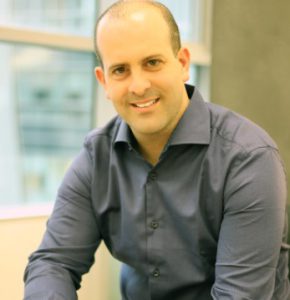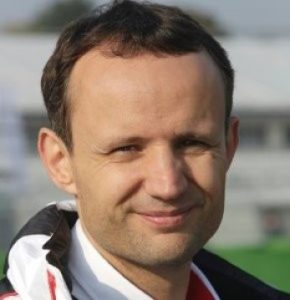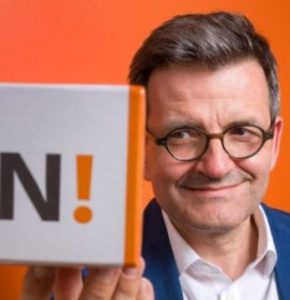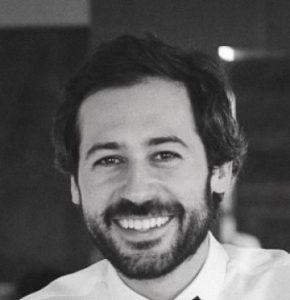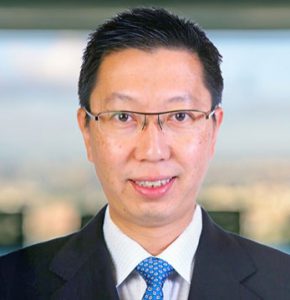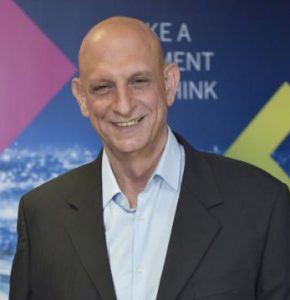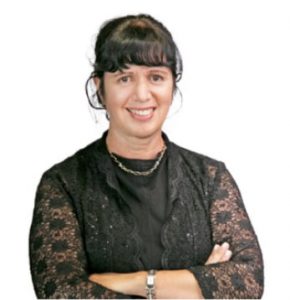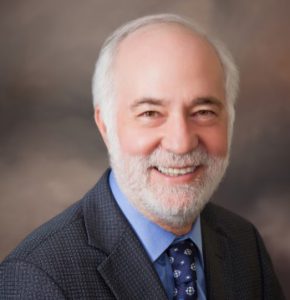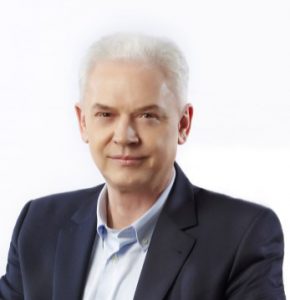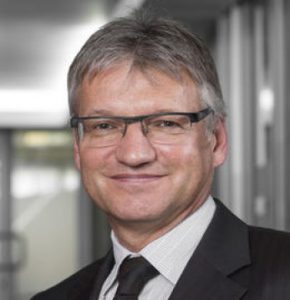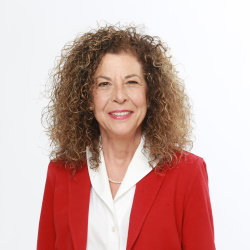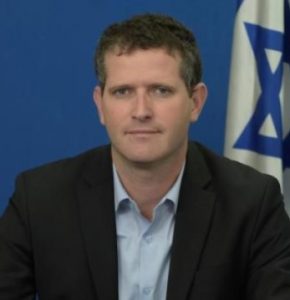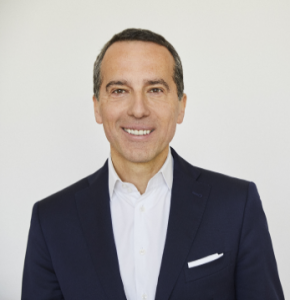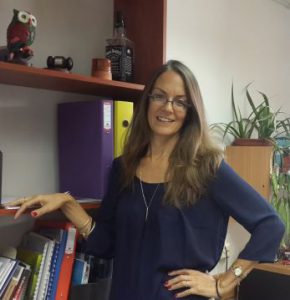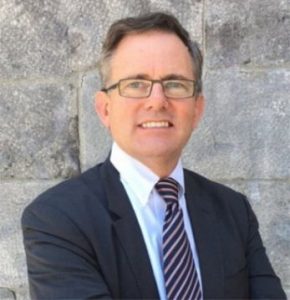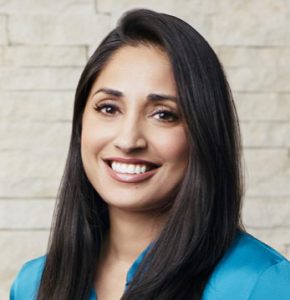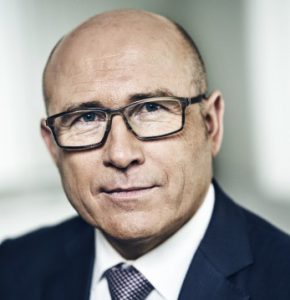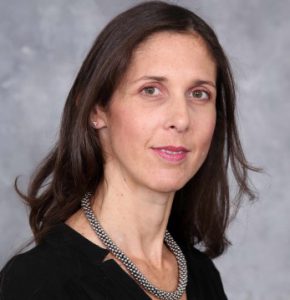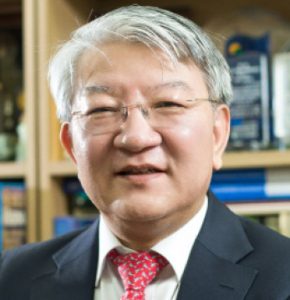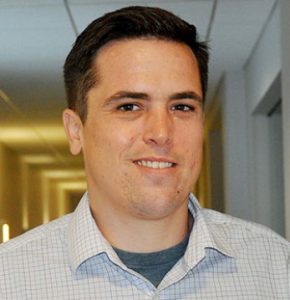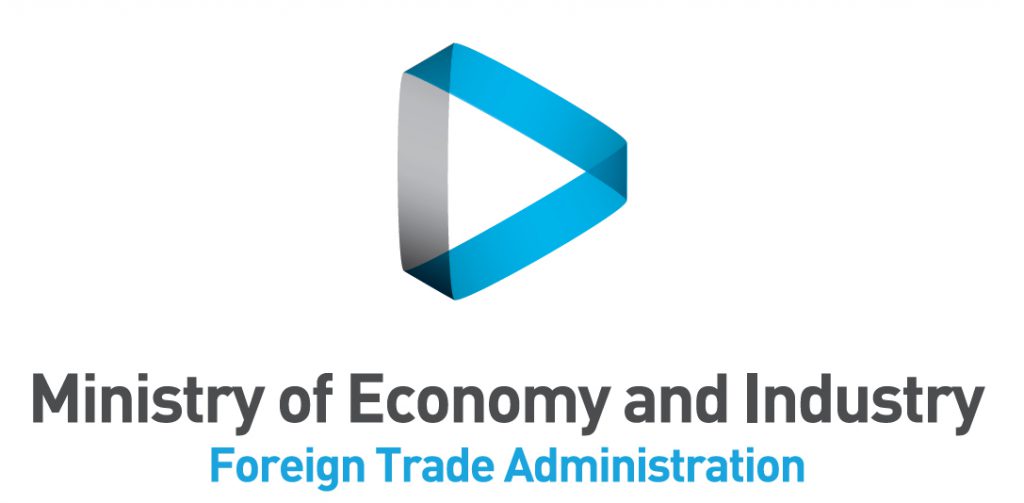Ehud (Udi) Adiri was born in 1977. He is married, has three children and resides in Hod HaSharon.
Adiri served in the military, both during his compulsory service and permanent service, as a combat soldier and commander in the Armored Corps. Mr. Adiri continues to, where he serves in the reserves until today with the rank of major.
Adiri is a graduate of Tel Aviv University in Economics (cum laude) and in history (summa cum laude), has an MA in Economics from Tel Aviv University (2010), and an MA in Public Administration from Harvard University (2013).
Adiri camejoined to the Ministry of Energy after gaining extensive experience in the Budget Division of the Ministry of Finance, where he began his career in 2005 as a transportation referent. From 2013 until recently, Adiri served as Deputy Commissioner of Budgets in the Ministry of Infrastructures: Transportation, Energy, Minerals, Water and Agriculture. Adiri worked to build and manage the budgets of government bodies operating in these areas, initiated structural changes and reforms, and promoted national projects.
Adiri led complex processes that included conductingthrough negotiations with government, private and public bodies, labor committees and foreign financial corporations and entities; Construction and monitoring of infrastructure company development plans; Andand professional management of multi-participant matrix processes. In addition, he was responsible for the manpowerwork force of the Budgets Department, including recruitment, recruitment and training.
Among the significant processes that were promoted during his term were: a reform for constructing private ports in Israel, formulation of a policy for the establishment of mass transportation projects, formulation of Netivei Israel and Israel Railways development plans, the Second Sheshinski Committee, reforms in water tariffs for agriculture, opening up the fresh food market for import, development of the natural gas market for transportation and industry, promotion of competition in the domestic gas market, management of procedures for the establishment of a private airfield, development of gas fields, and a socio-economic plan for the Bedouin society.





